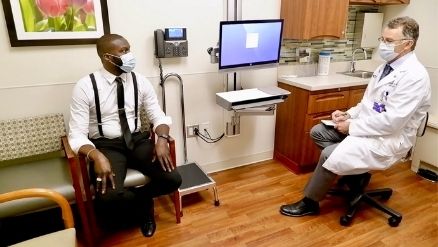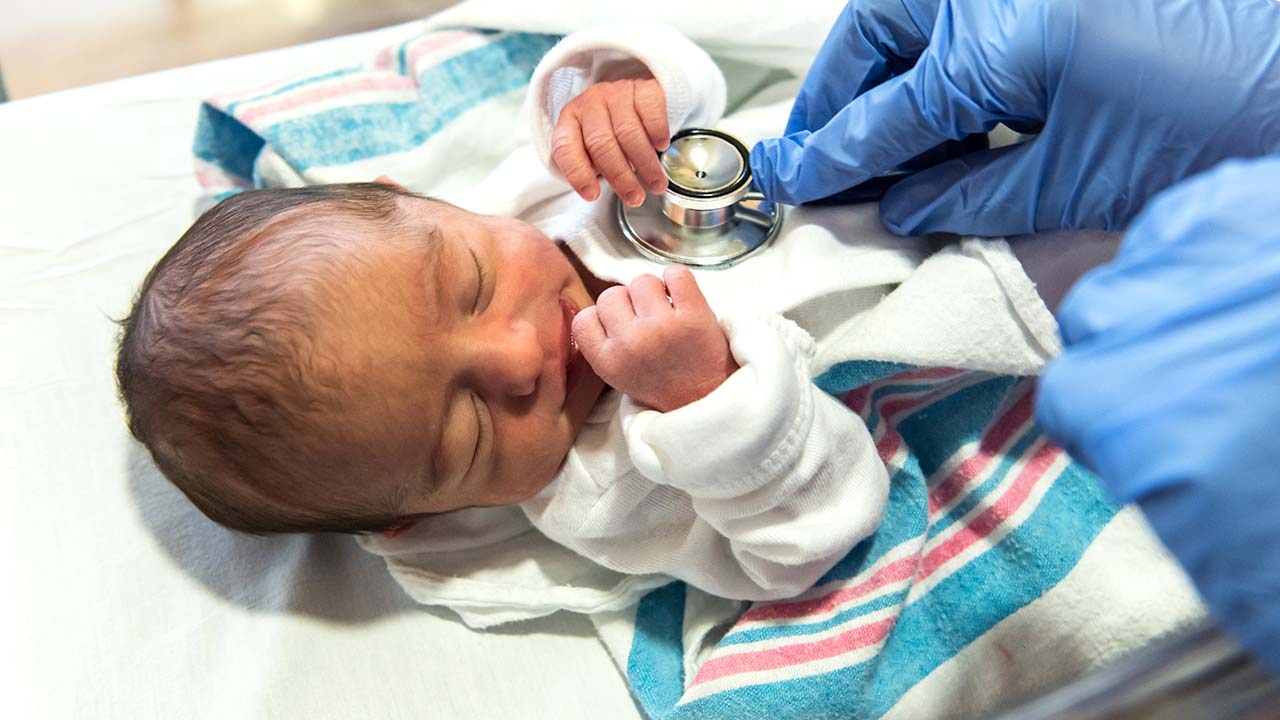An infectious disease is a disease or illness caused by the presence of a pathogen, or germ, such as a virus, bacteria, fungus or parasite. Infectious disease typically results when the body’s immune system is unable to fight off an invading pathogen or germ for the following reasons:
- Illness (such as HIV/AIDS)
- Medications and treatments such as chemotherapy
- The pathogen or germ is strong enough to overcome even normal body defenses
The Division of Infectious Disease of Northwestern Medicine has been providing quality outpatient care for HIV/AIDS and many other infectious diseases since 1978.
Our mission is to provide high-quality care to persons with all types of infections, conduct research to advance medical knowledge to benefit our patients and community and educate the next generation of healthcare providers.
Services Provided
The Division of Infectious Disease offers the following services:
- Comprehensive assessment and medical treatment
- Medication evaluation and teaching by a pharmacist
- Clinical social work services
- Patient/family education
- Home healthcare coordination
- Consultation with a patient’s primary physician
- Clinical research studies
- Infusion therapy services
The Division of Infectious Disease staff includes an interdisciplinary team of physicians, nurses, social workers, pharmacists and advanced practice nurses*, all dedicated to improving the health of those living with acute and chronic infectious diseases.
We are concerned about both the medical aspects of infection and the impact of illness on the emotional well-being of patients and their families.
Many infectious diseases may be transmitted from person to person such as tuberculosis, methicillin-resistant Staphylococcus aureus (MRSA), skin infections, HIV infection and other sexually transmitted diseases. Some may be transmitted from animal-to-person such as rabies and cat scratch disease. Many infections, however, may be acquired from the environment or reactivated from exposures that took place years previously.
Patient Care
The Northwestern Medicine Division of Infectious Diseases at the Northwestern University Feinberg School of Medicine is committed to providing high quality, patient-centered care across the spectrum of infectious diseases and conditions in both the inpatient and outpatient settings.
The Northwestern Medicine care philosophy promotes respectful, evidence-based and innovative practices that utilize the strengths of multidisciplinary teams and leverage the scientific power of physician researchers.
Inpatient Service Overview
The faculty of the Infectious Diseases Division at the Northwestern University Feinberg School of Medicine provide consultative patient care to a wide variety of individuals seen at Northwestern Medicine.
Many of these consultative services will be conducted on hospitalized individuals via one of three inpatient consultation services: 1) General medicine/neurology Infectious Disease consults; 2) Surgery/oncology Infectious Disease consults; and 3) Transplant Infectious Disease consults.
- General Medicine and Neurology Infectious Disease Consults: Provides consultation services for the General Medicine, Neurology and MICU teams. Typical consults on the service include:
- Infectious Endocarditis
- Management of Multi-Drug Resistant bacteria
- Complications of HIV/AIDS
- Complicated pulmonary infections (Endemic fungi, resistant organisms, lung abscess, etc.)
- Osteomyelitis
- Travel-related infections
- Meningitis
- Encephalitis
- Surgery and Oncology consults: Provides consultative services to multiple surgical teams, including the obstetrics and gynecology (OB/GYN) team and the oncology/hematology teams. Typical surgical consults include:
- Abdominal abscess
- Prosthetic valve infections
- Prosthetic joint infections
- Infections managed with the OB/GYN team include:
- Peripartum and post-partum sepsis
- Listeria infections
- Mastitis
- Female sexually transmitted infections
- Consults from the ONC/HEME team include:
- Neutropenic fever
- Pulmonary and disseminated aspergillosis
- Drug-resistant infections
- Various viral infections
- Transplant Infectious Disease consults: Provides consultative service to the following care teams:
- Solid organ transplant
- Hepatology
- Lung transplant
- Heart transplant
- Immune therapy
- Stem cell transplant
- Typical consults seen for this service include infections related to immune suppression such as disseminated CMV infection, disseminated fungal infections and multi-drug resistant bacteria. Patients are also seen in the pre-transplant period to assist with infection risk, help determine transplant status and manage infections pre-transplant. Post-transplant infections can be related to the donor or specific recipient factors. This service also offers a unique opportunity to work in a multidisciplinary team that meets daily to help provide patient care.






